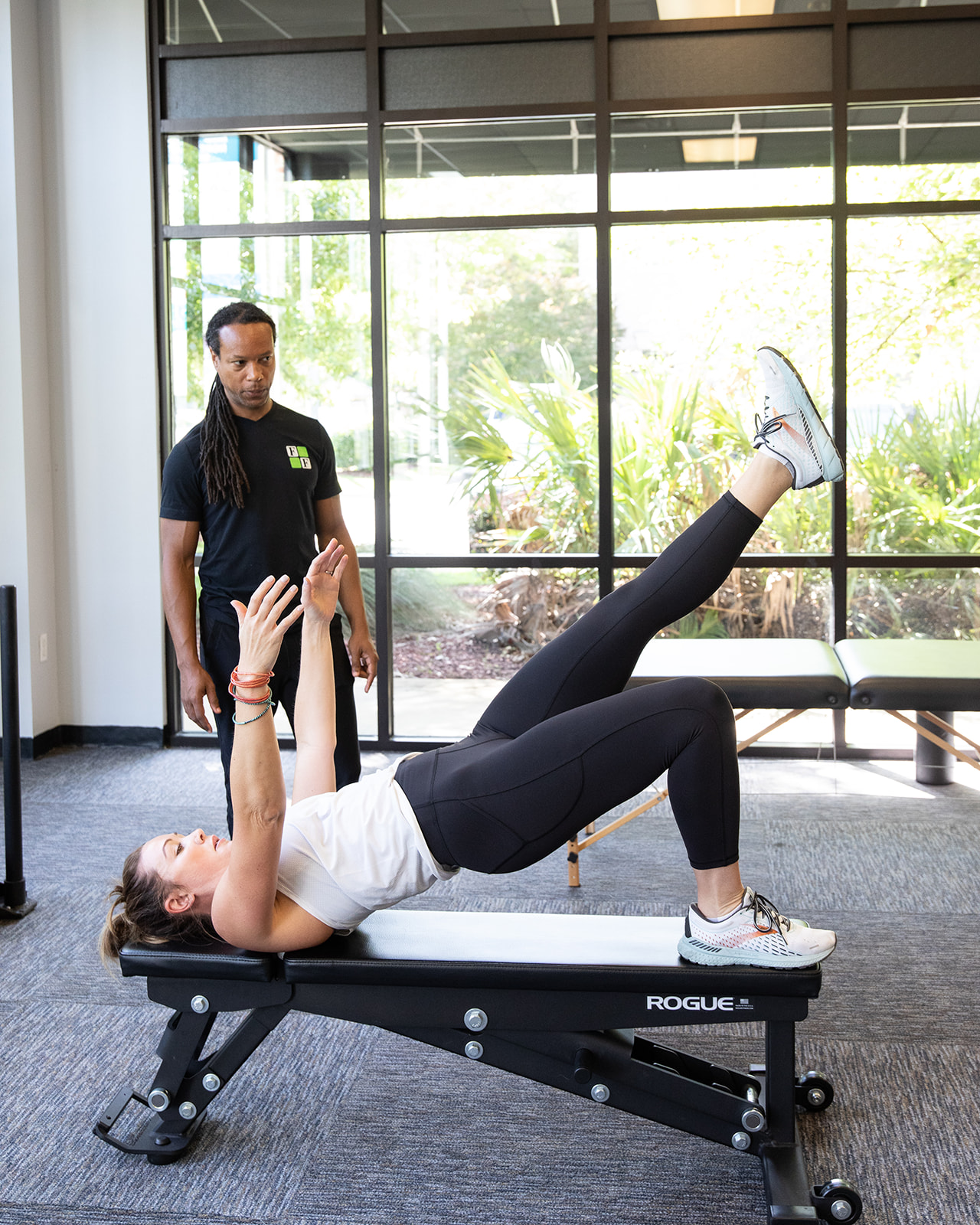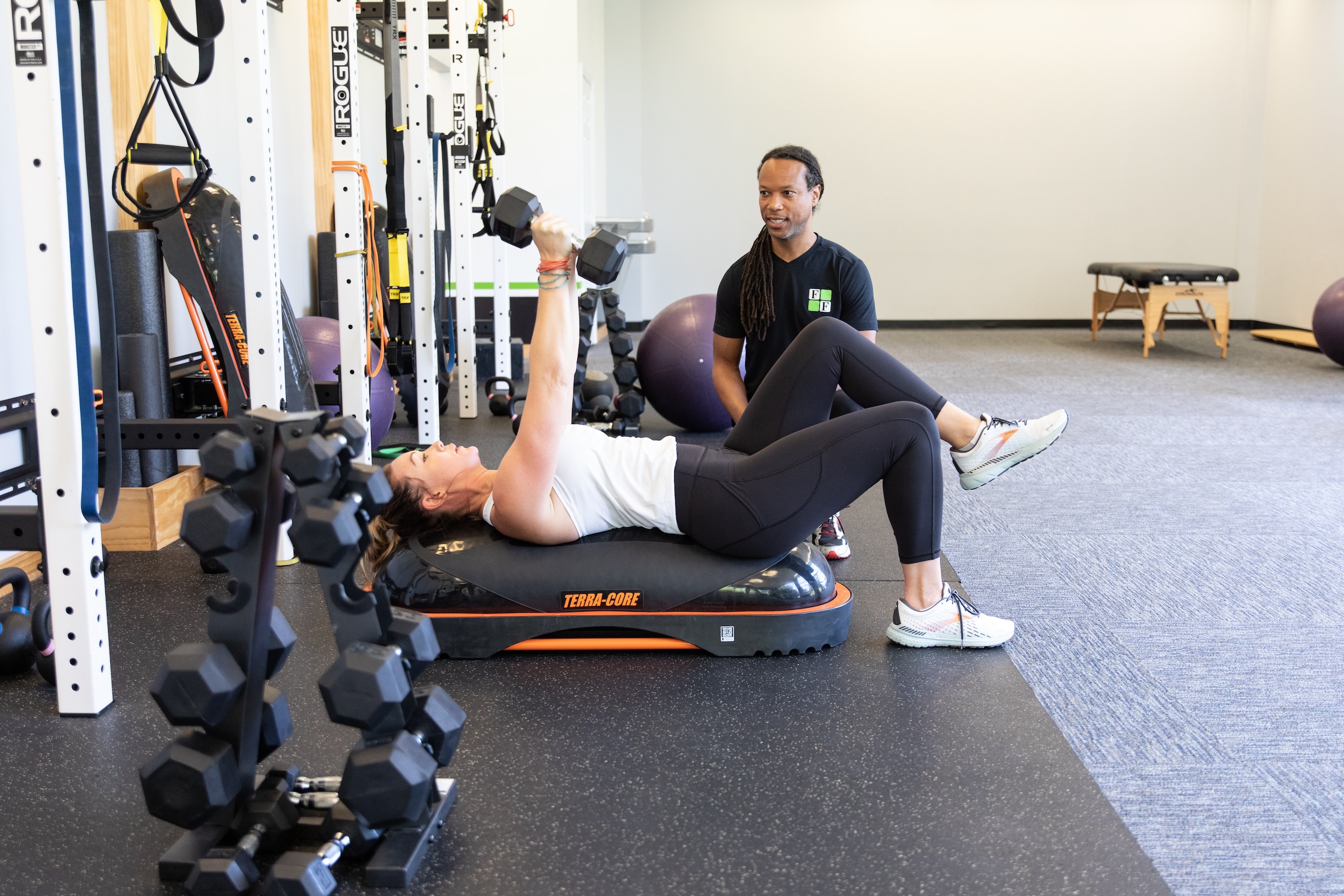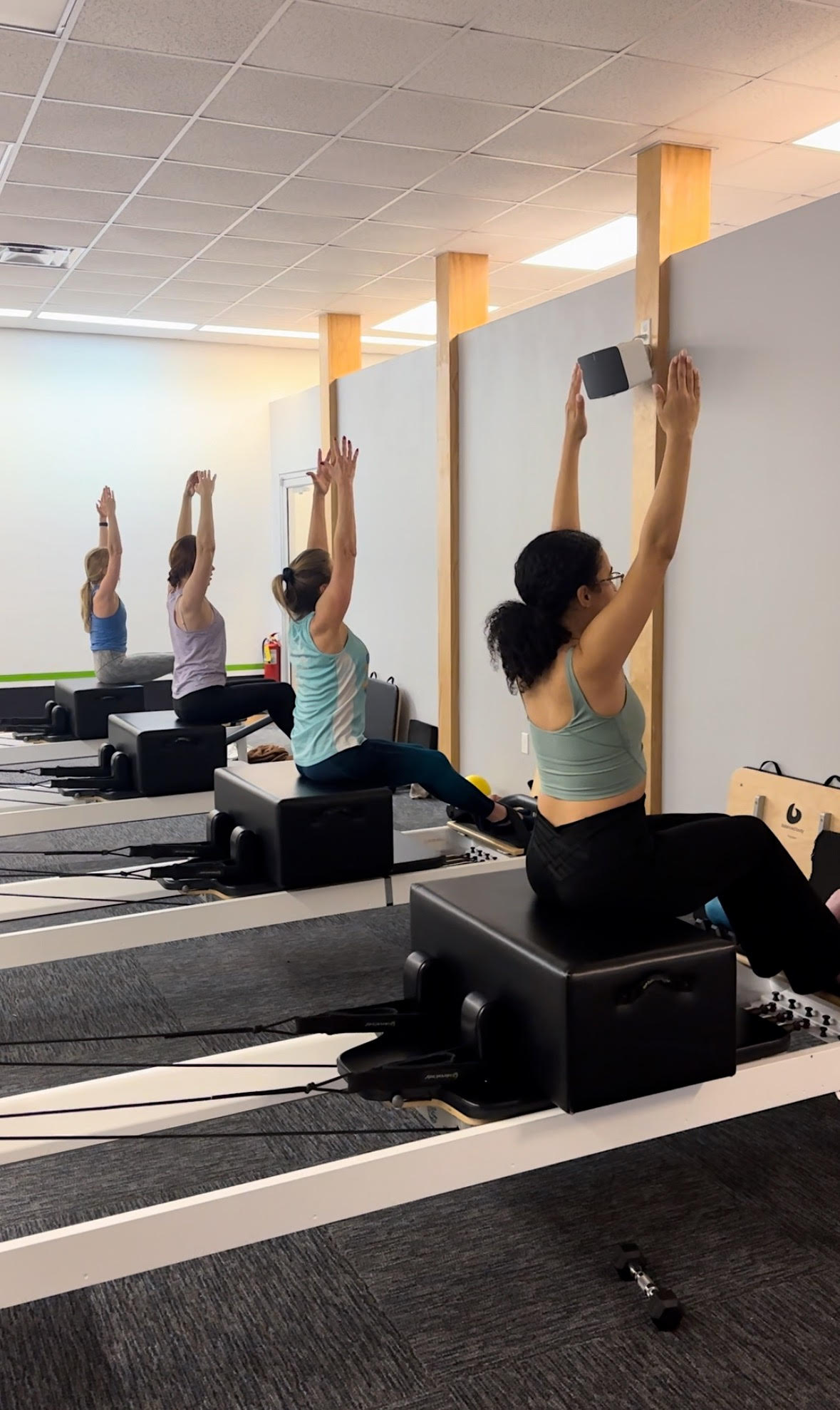August 26, 2024
Active Aging: a How To
As we age, it is important to remember that staying active can help us age better and maintain our quality of life!
Here are some simple steps to help you age actively:
- 1
Healthy Heart: When you regularly participate in exercise (specifically cardio), you benefit your heart. A healthy heart is key to vitality and longevity in life!
- 2
Neurogenesis: Exercise stimulates the production of new neurons in the brain. This can help improve memory, learning, and overall cognitive function which will help you as you age!
- 3
Slows aging: Participating in regular exercise can slow down the aging process by improving and maintaining our cardiovascular system, keeping our brains sharp by boosting cognitive function, and keeping our joints/muscles working properly.

For some of us, living an active life looks a little different than it did when we were younger. As we age, joints and muscles can become increasingly stiff from use over the years. Staying active and regularly stretching can help to prevent this from getting worse as the years go on. While some of us may not be running marathons or competing in sports anymore once reaching our senior years, that doesn’t mean we cannot continue to do the things we love and enjoy! Continuing to remain active, eat healthy, and participate in strength training regularly will help you continue to be able to do things like walk, hike, and bike throughout your advanced years as well as helping you stay mentally sharp and keep your heart healthy!
Remember to get your daily steps in and work those muscles!
Share
by Kimberly Jenkins
Share
Many of us know and understand the importance of physical therapy. But what isn't as common of knowledge is that it is important to be completely ready before [...]
Have you been working out for months, or even years, without seeing the amount of progress or change you had hoped for? This is a common issue a [...]
What is Pilates and why should you try it? The benefits of Pilates are: Increased Strength & Flexibility: Pilates creates a mind-body connection working multiple muscles throughout the entire body [...]




